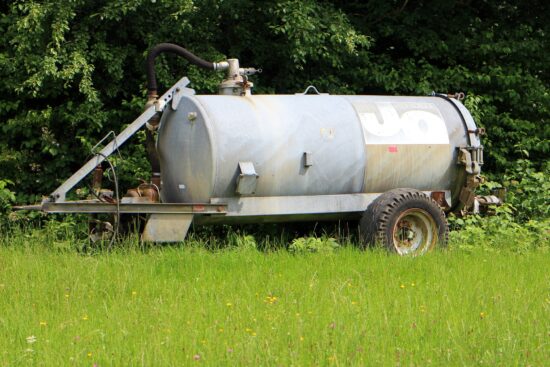Temperature and pH affect gene resistance to antibiotics in dairy cattle manure
The presence of antibiotics in the environment, even at very low concentrations, can contribute to the emergence of antibiotic resistance genes (ARG) and the selection of antibiotic-resistant bacteria.
Up to 90% of antibiotics given to animals are excreted through feces and urine, so manure generated in animal production represents a route of antibiotic elimination to the environment.
In addition, the application of untreated manure can increase the resistance genes present in agricultural soils, that could be transferred to people and animals through drinking water and the food chain, and which may lead to a decrease in the effectiveness of antibiotic therapies.
As a result, it is vitally important to develop cost-effective methods of antibiotic degradation in manure prior to application, to mitigate the appearance of antibiotic resistance.
AMR NEWS
Your Biweekly Source for Global AMR Insights!
Stay informed with the essential newsletter that brings together all the latest One Health news on antimicrobial resistance. Delivered straight to your inbox every two weeks, AMR NEWS provides a curated selection of international insights, key publications, and the latest updates in the fight against AMR.
Don’t miss out on staying ahead in the global AMR movement—subscribe now!







